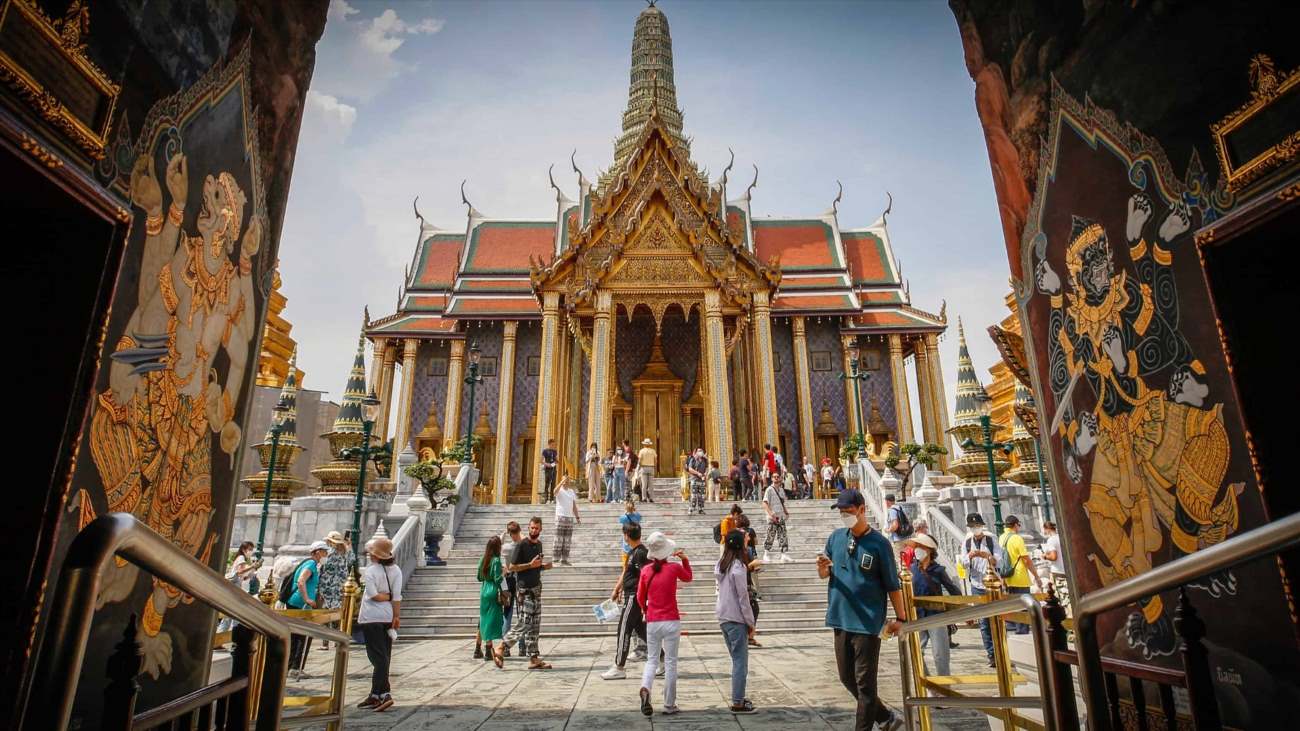With the goal of reaching 3,000 billion baht in tourism revenue by 2025, Thai Tourism Minister Sorawong Thienthong has proposed a plan to restore the tourism tax, according to the Times of India.
According to Mr. Sorawong, the revenue from the tax will be invested in upgrading tourist attractions, ensuring safety for tourists and promoting sustainable tourism development. However, the application of this policy is still being carefully considered.
Under the new plan, visitors to Thailand will have to pay a tax depending on their means of transport. Specifically, 300 baht (221,000 VND) for international visitors arriving by plane, 150 baht (110,500 VND) for visitors arriving by road or water.

To ensure fairness, the Thai Government has stipulated that certain groups of people are exempt from tourist tax, including: children under 2 years old, transit passengers, diplomatic passport holders and people with legal work permits.
This policy aims to facilitate special subjects and ensure transparency in tax collection.
Thailand is not alone, and more and more countries around the world are adopting tourist taxes. From vibrant European cities such as Edinburgh, Barcelona, Paris, Venice, to Asian destinations such as Bhutan - where tourist taxes have become a popular tourism management tool.
This fee collection not only helps increase revenue for the local budget but also contributes to environmental protection, cultural heritage preservation and improving the quality of tourism services.



